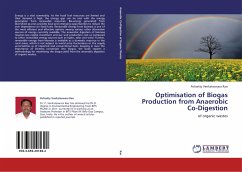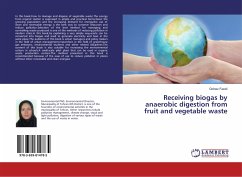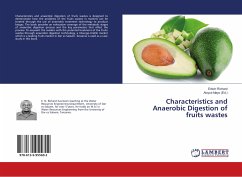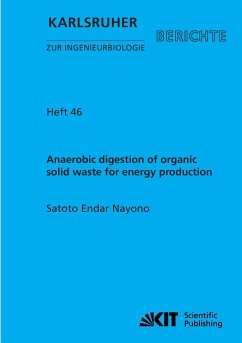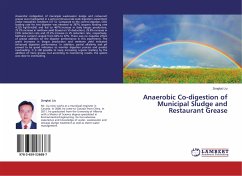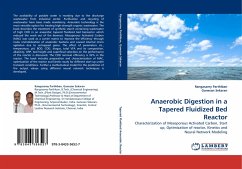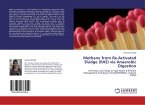Energy is a vital commodity. As the fossil fuel resources are limited and their demand is high, the energy gap can be met with the energy generation from renewable resources. Bio-energy generated from diversified sources provides local and emerging opportunities to reduce the over dependence on fossil fuels. Renewable energy from biomass is one of the most efficient and effective options among various other alternative sources of energy currently available. The anaerobic digestion of biomass requires less capital investment and per unit production cost as compared to other renewable energy sources such as hydro, solar and wind. Further, renewable energy from biomass is available as a domestic resource in the rural areas, which is not subject to world price fluctuations or the supply uncertainties as of imported and conventional fuels. Keeping in view the importance of biomass conversion into biogas, the book reports a methodology for maximising the biogas yield from the anaerobicdigestion of organic wastes.
Bitte wählen Sie Ihr Anliegen aus.
Rechnungen
Retourenschein anfordern
Bestellstatus
Storno

